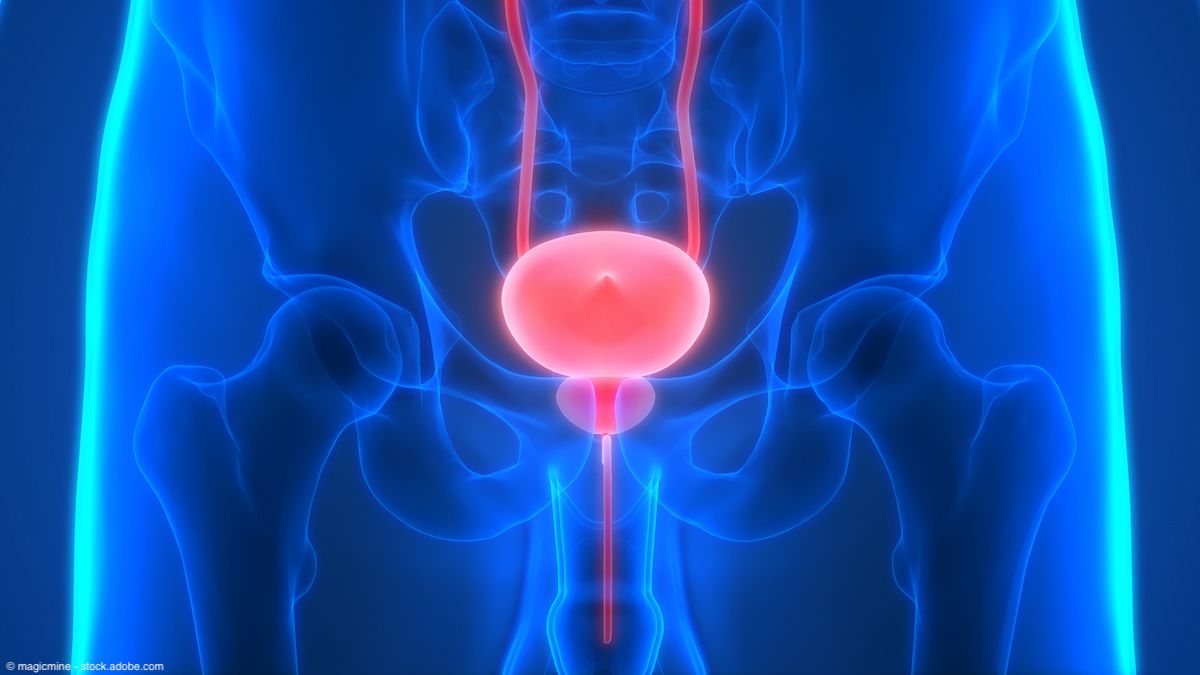
Bladder Cancer
Latest News

Latest Videos

CME Content
More News

Hamid Emamekhoo, MD, explains his approach to discussing the ongoing cancer drug shortage with his patients with genitourinary cancers.

"We make the argument in our discussion of this paper that any discussion further on cost needs to include encounters," says David D. Thiel, MD.

The shortage has been affecting the treatment of patients with genitourinary cancers, including bladder cancer.

"We wanted to look and see [if] there any differences between the disposable scope group and the reusable scope group, and as the paper shows, there were," says David D. Thiel, MD.

Awardees are being recognized for creative approaches to accelerating progress in bladder cancer research.


A response was observed in nearly two-thirds of cisplatin-ineligible patients with advanced urothelial cancer treated with enfortumab vedotin plus pembrolizumab in the first-line setting.

"There are a lot of exciting data that are coming out, and, of course, a lot of physicians and physician-scientists [who] are interested in these questions, and we’re working on that," says Sophia C. Kamran, MD.

The Bladder Cancer Advocacy Network provides insight into the ongoing cisplatin shortage.

“Looking at the impressive results for cohort K, with enfortumab, it's amazing what that is going to provide our patients,” says Joshua J. Meeks, MD, PhD.

"Clinicians have opportunities to reduce patient subjective and objective financial burden if they continue to self-educate and communicate with patients and consider [financial toxicitiy] an adverse effect of treatment," write Alexandria A. Spellman, MD, MS, and Deborah R. Kaye, MD, MS.
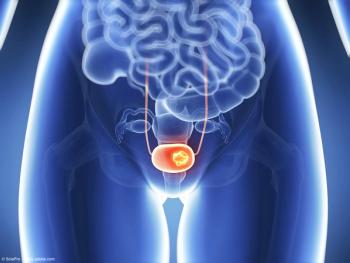
"If there’s recurrence of muscle-invasive bladder cancer within the bladder, you can perform salvage cystectomy at that point…. It is a bit more complex, so it’s great to have a high-volume surgeon who has performed these before," says Sophia C. Kamran, MD.

“We know that with that low toxicity and good functional outcomes, it's an excellent treatment to offer patients,” says Sophia C. Kamran, MD.

5-year OS was similar between the cohorts, with a rate of 57% among patients who underwent RARC, compared with 55% among those who underwent ORC.

The investigators assessed data from the UNITE study, a retrospective study of patients treated with enfortumab vedotin and other agents.

“Our results suggest that bladder-sparing treatments may be a safe approach in selected patients. Survival outcomes were not inferior compared to early radical cystectomy," says Wei Shen Tan, MD.

“I would say that overall, the oncologic outcomes are equivalent between the [bladder-sparing treatment and radical cystectomy] for well-selected patients,” says Sophia C. Kamran, MD.
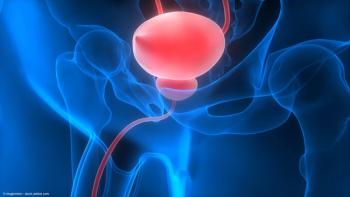
“We're still very interested in early-stage bladder cancer, those at high risk do not respond to BCG,” says Joshua J. Meeks, MD, PhD.
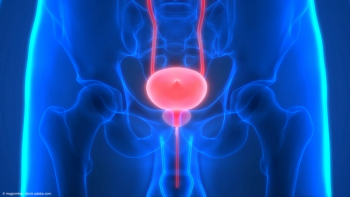
"TAR-200 is a sort of a pretzel device. It's a novel drug delivery mechanism that's placed inside the bladder for sustained release of gemcitabine," explains Siamak Daneshmand, MD.

"The addition of an immune checkpoint inhibitor after tri- or tetra-modality therapy might improve long-term outcomes for patients with bladder cancer,” said Maria De Santis, MD.

“There's not a perfect chemotherapy; there are a lot of different options, and then other factors to consider would be the field and the dose,” says Sophia Kamran, MD.
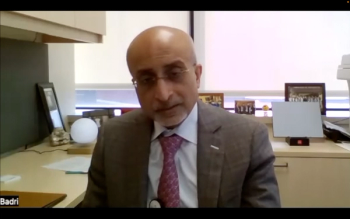
"There continues to be immense interest in urinary markers for bladder cancer," says Badrinath Konety, MD, MBA.
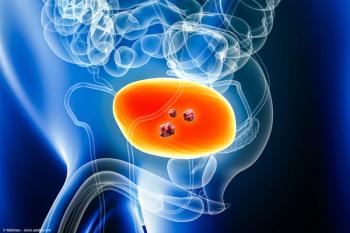
“I would say that patients who have a very poor bladder function to start with would be a better candidate for radical cystectomy,” says Sophia C. Kamran, MD.

Rohan Garje, MD, highlights the need for molecular profiling of sarcomatoid urothelial carcinoma tumors as a gateway to advancing the treatment paradigm for this rare bladder cancer variant.

“It’s very important to really talk to the patients and understand any toxicities because the side effects are well managed if they’re caught early,” says Shilpa Gupta, MD.



